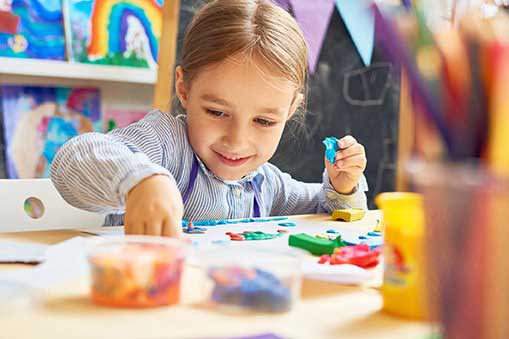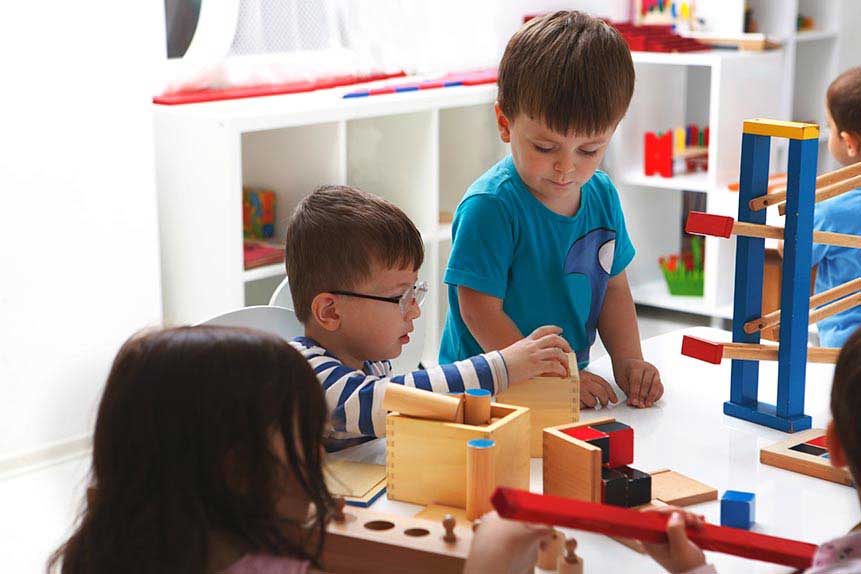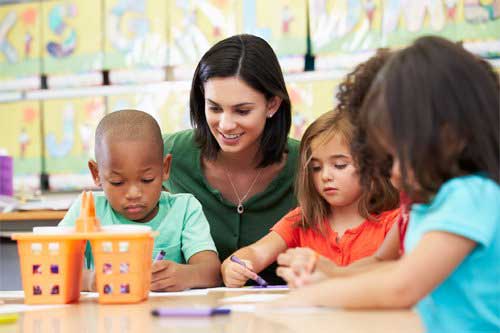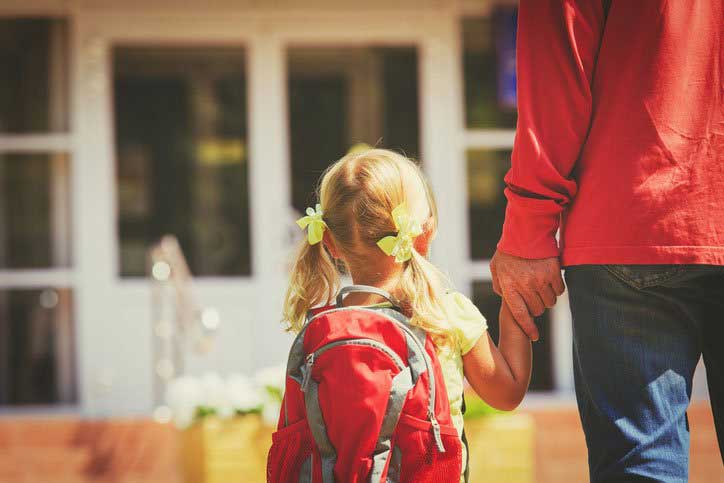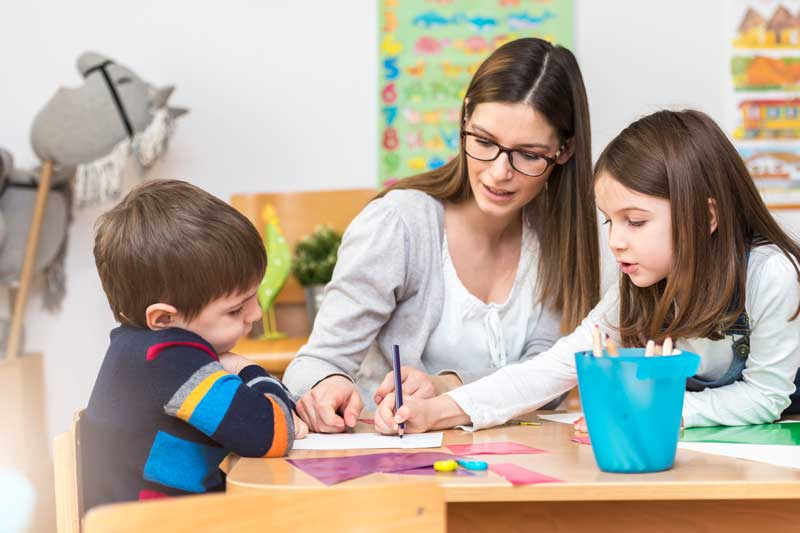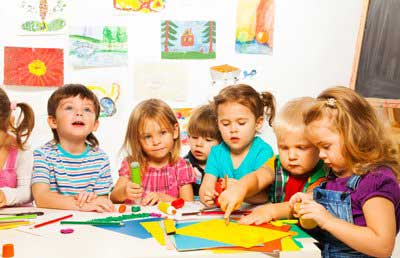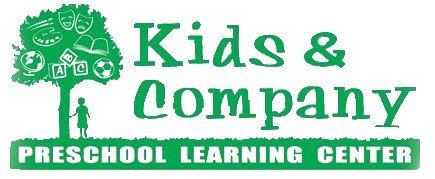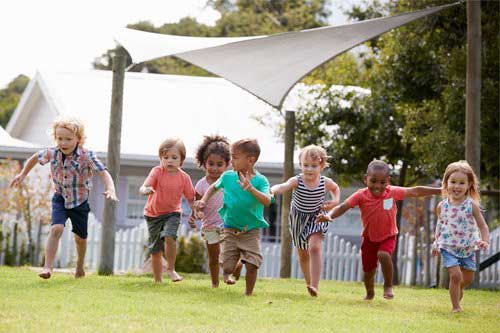Prepare Your Preschoolers for a Successful Year With These Tips
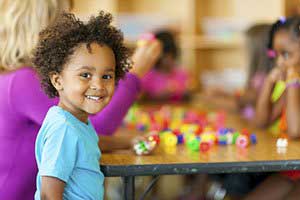
Preschool is your child's first introduction into the educational environment that they'll spend most of their childhood in. And while their preschool years aren't going to make or break your child's future, they are pretty important, and you want to get your child's schooling off on the right foot.
However, if this is your first child to go to preschool, it can be hard to know how you can help ensure that things go smoothly for your child. Take a look at some tips that can help your preschooler get off to the best possible start.
Have a Plan for Transitions
Preschool may be your child's first experience with a structured environment. Preschool classrooms may not look structured compared to the typical classrooms for older children, but there are routines and well-planned activities every day. However, it can be hard for small children just learning the routine to understand why they need to stop one activity and move onto the next.
Because transitioning from one event to the next can be difficult for small children, teachers have all kinds of strategies they use to help make the transitions easy and understandable for kids. However, some of the biggest transitions in your preschooler's day are the ones that you'll be there for: making sure they move from eating breakfast to getting dressed on time, getting out the door, dropping them off at the school and picking them at the end of the day.
You can use some of the same transition strategies that teachers use to help make these new routines easier on your kids. For example, try giving your child a five-minute warning that breakfast will be ending and they will need to go get dressed. Setting the kitchen timer can help. Or give your child a cue that a new activity is coming—for example, designate a toy that they only play with in the car. Then when it's time to go to school, let them know that they're going to play with that toy. They'll learn to associate it with the ride to school.
Get Ready for Repetition
Small children learn by repetition. You can reinforce the lessons they learn in school by using repetition at home to help them practice what they've learned. For example, if they're learning about the color red in school, find ways to incorporate red into your activities at home, too. Point out fire trucks, serve apples at snack time and choose red clothes for school.
Prioritize Parent/Teacher Communication
Communicating with your child's preschool teacher is vital. Parental involvement is closely tied to student success, even at the preschool level.
Make time to talk your child's teacher when it's convenient for both of you. If drop-off and pickup times are rushed, see if you can communicate via email or phone on a regular basis. Volunteer to help out in the classroom, and come to parent events as often as you can.
Make sure to bring up concerns when you have them. If you're worried about something, don't wait to see if it gets better or worse—the sooner it's addressed, the better the chance for a positive outcome. Don't be afraid to ask your child's teacher questions. Your preschooler is spending a large chunk of their waking hours at school, and it's important that you know what happens, how your child behaves and how they're progressing while they're in class.
Your child's preschool years are important for their development. A great preschool will help you work with your child and their teacher to ensure that your child gets the most out of their preschool experience.

